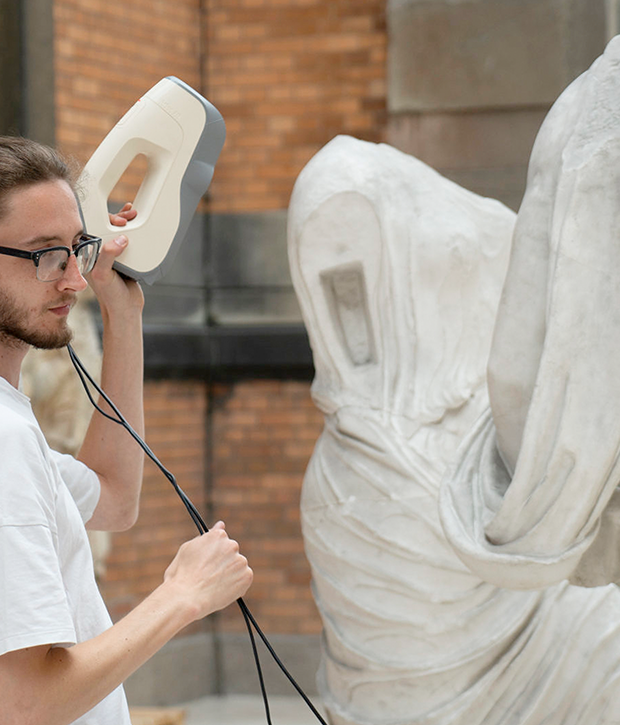
Carte de la Telegraphie Electrique De L'Europe
- Creator Sagansan, L.
- Date 1854
One of the Earliest Telegraph Maps of Europe Extremely rare early map illustrating the progress of providing telegraph lines throughout Europe. This may be the earliest thematic map which focuses solely on telegraph lines across all of Europe. The map illustrates the telegraph lines then in operation, those under construction and the Telegraph Directorates and Bureaus. Among the more noteworthy connections are the cable across the English Channel, the Cable extending to Corsica and the proposed cable from Sardinia to North Africa. History of the Telegraph The first working telegraph was built by the English inventor Francis Ronalds in 1816 and used static electricity. Offering his invention to the Admiralty in July 1816, it was rejected as wholly unnecessary. The telegraph invented by Baron Schilling von Canstatt in 1832 had a transmitting device which consisted of a keyboard with 16 black-and-white keys. Pavel Schilling subsequently improved its apparatus. The first commercial electrical telegraph was the Cooke and Wheatstone system. A demonstration four-needle system was installed on the Euston to Camden Town section of Robert Stephenson's London and Birmingham Railway in 1837 for signaling rope-hauling of locomotives. It was rejected in favor of pneumatic whistles. Cooke and Wheatstone had their first commercial success with a system installed on the Great Western Railway over the 13 miles from Paddington station to West Drayton in 1838. The Electric Telegraph Company, the world's first public telegraphy company was formed in 1845 by financier John Lewis Ricardo and Cooke. In 1851, a conference in Vienna of countries in the German-Austrian Telegraph Union adopted the Morse telegraph as the system for international communications. The code adopted was considerably modified from the original Morse code, and was based on a code used on Hamburg railways (Gerke, 1848). A common code was a necessary step to allow direct telegraph connection between countries. With different codes, additional operators were required to translate and retransmit the message. As well as the rapid expansion of the use of the telegraphs along the railways, they soon spread into the field of mass communication with the instruments being installed in post offices. Telegraph networks were expensive to build, but financing was readily available, especially from London bankers. By 1852, National systems were in operation in major countries The Bibliotheque National de France holds an 1855 edition, which shows a number of new telegraph lines, most notably one across the Black Sea and one from Moscow to Odessa. (Ruderman, 2020)